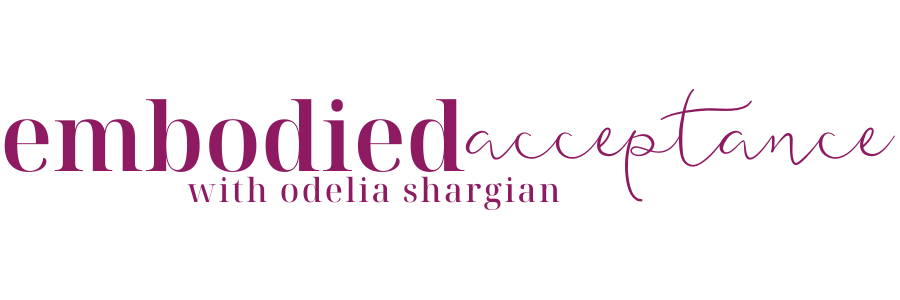What you need to know about boundaries
Ever set a boundary that gets ignored? What IS that?
Here are a few questions to ask yourself when this happens:
Is your fawning habit causing you to be adaptable instead of direct in your communication??
Did you set a boundary because you thought you were “supposed to” even though it didn’t feel quite right to you?
Do you believe you deserve to actually have boundaries? Or are you here for other people’s needs, never your own?
Are you scared to even ask for your boundary because you already “know” the other person won’t respect it?
Did you demand that the other person change their behavior without feeling into what YOU actually need?
I’ll admit I’m “guilty” of the above. It’s taken a life for me to learn how to uphold my boundaries, and believe me, I’m still learning.
If you struggle with this as well, know you’re not alone. Setting boundaries isn’t easy.
Most of us don’t have examples of healthy boundaries growing up.
The important thing to know is that when you set a boundary nobody is in charge of enforcing it but you.
For example, you may have already set a boundary several times but it’s not been respected. So you keep asking for it, secretly expecting the other person to change their behavior.
But if they haven’t changed, it’s because they don’t currently have the capacity to change. And no amount of repeating your boundary will help.
The only way to move forward is to have a consequence in place for not respecting the boundary.
Setting boundaries is not just a mental process. It’s an embodied practice that requires your whole bodymind, including your nervous system.
You deserve the healthy relationship you’ve been craving.
